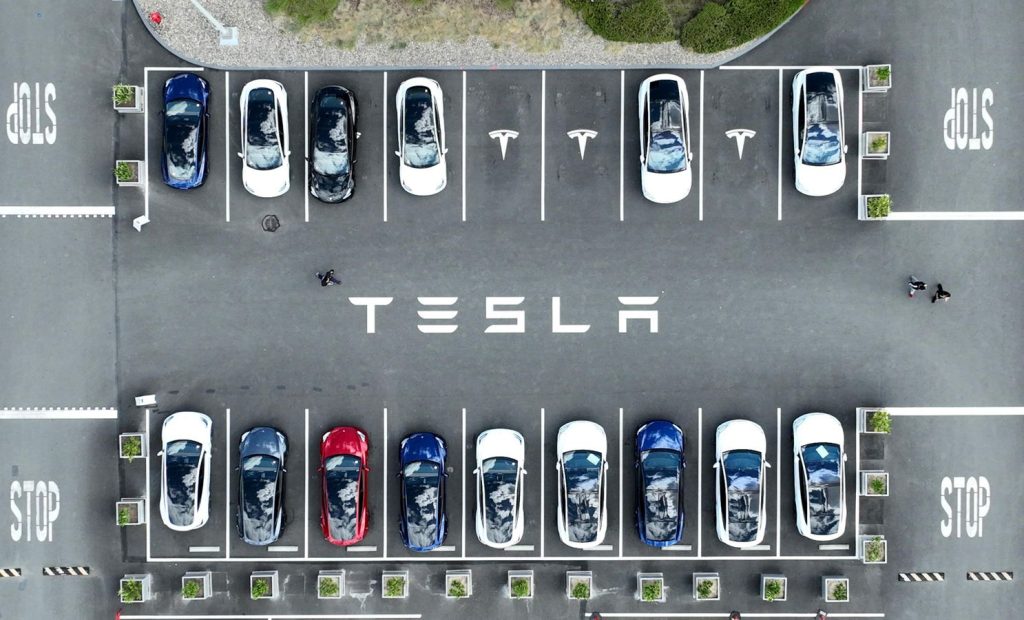Tesla, under the leadership of Elon Musk, has faced significant challenges in recent months, including a decline in sales and shipments, manufacturing flaws, legal disputes, and competition from Chinese EV manufacturers. Musk’s focus on social media controversies and other ventures has led to neglect of Tesla, his most valuable asset. Despite receiving substantial federal subsidies, Tesla has been critical of pro-EV policies, leading to tensions with the Biden administration, which has focused on green technology development.
The competition from China poses a significant threat to Tesla, as Chinese EV manufacturers offer lower-cost, higher-quality vehicles. Tesla has faced challenges in China, with reports of technology theft and competition from local companies. Despite these challenges, Tesla has managed to maintain its position as a leading EV manufacturer in the global market, with the Shanghai Gigafactory operating independently without a joint venture partner. The company has implemented price cuts to stay competitive in the Chinese market.
Tesla’s strategy moving forward focuses on autonomous driving, with plans to launch a robotaxi service in August 2024. Musk has expressed confidence in Tesla’s ability to solve autonomy, positioning the company as an AI/robotics company rather than just an EV manufacturer. By focusing on autonomous driving, Tesla aims to become the default AI engine for transportation, potentially licensing its software to other major players in the automotive industry.
Musk’s vision for Tesla’s future revolves around autonomy, with the belief that all cars will eventually become smart cars or face extinction. By making AI central to Tesla’s strategy, Musk hopes to increase the company’s valuation and establish Tesla as a leader in the automotive industry. The move towards autonomy could also restrict Chinese players from entering security-sensitive markets, as Western governments may be wary of allowing Chinese algorithms access to sensitive information.
Elon Musk’s recent trip to China resulted in preliminary government approval to offer Full Self-Driving features on Teslas sold in the country. The approval also included permission to leverage Baidu’s mapping datasets, a significant achievement for Tesla in the Chinese market. Musk’s ability to secure government approval and key partnerships highlights his ability to navigate complex regulatory environments and secure strategic alliances for Tesla’s future success.
Overall, Tesla’s new focus on autonomous driving and strategic partnerships could help the company overcome its recent challenges and regain its position as a leader in the EV market. By betting big on autonomy and securing key deals, Tesla could chart a path to success in the increasingly competitive global automotive industry.













